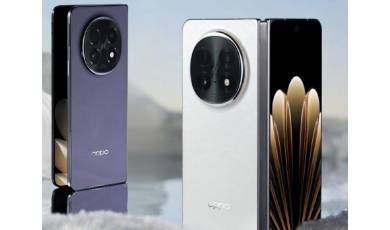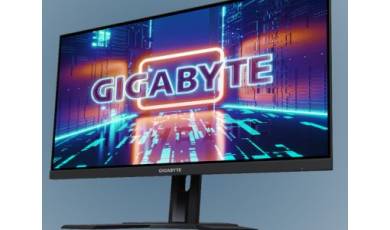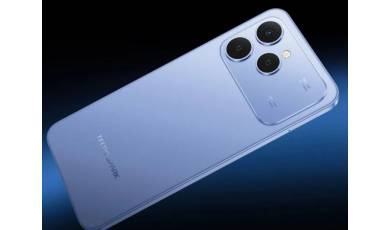Viwa X6 specs.
Mobiles >> Viwa >> Viwa X6| Specifications | Reviews | Secret codes |
| Unlock phone | Root phone |
| Backup | Flash Firmware | Screenshot |
Basic Spec Viwa X6
Smart Phone OS: An operating system (OS) is software that interacts between a user and a smartphone.
An operating system (OS) is software that interacts between a user and a smartphone.
Android 6.0 Marshmallow
CPU frequency:
1500.0 MHz (4-core)
Chipset: Is a set of chips in the smartphone that control the CPU.
Is a set of chips in the smartphone that control the CPU.
MediaTek
RAM Memory:
2 GB
Display Viwa X6
Display:
LCD Color (16M) (5.5")
Touch screen:
yes
Storage Viwa X6
Built-in memory:
16 GB
Memory card:
MicroSD/TransFlash max. 32 GB
Camera Viwa X6
Camera:
yes
Flash:
no
Autofocus:
no
Optical zoom:
no
Digital zoom:
no
Communication Viwa X6
Bluetooth: Bluetooth is used to exchange data between nearby mobile devices.
Bluetooth is used to exchange data between nearby mobile devices.
4.0
EDGE:
yes
GPRS: General Packet Radio Service
General Packet Radio Service
yes
GPS: Global Positioning System
Global Positioning System
no
A-GPS: Assisted Global Positioning System
Assisted Global Positioning System
no
LTE:
yes
GSM:
850 900 1800 1900
HSDPA: High-Speed Downlink Packet Access
High-Speed Downlink Packet Access
850 900 2100
HSUPA speed:
5,76 Mb/s
HSDPA High-Speed Downlink Packet Access speed:
High-Speed Downlink Packet Access speed:
21 Mb/s
USB: Universal Serial Bus
Universal Serial Bus
2.0
WAP:
2.0
Wi-Fi: Wireless lan technology
Wireless lan technology
802.11 b/g/n
Multimedia Viwa X6
Audio out:
Jack 3,5 mm
MP3 player:
yes
MP3 ringtones:
yes
Polyphony:
yes
Radio:
yes
RDS: Radio Data System
Radio Data System
yes
RSS:
yes
Vibra:
yes
Dictaphone:
yes
Loudspeaker:
yes
Sensors Viwa X6
Accelerometer:
yes
Design Viwa X6
Dual SIM:
yes
SIM card size:
Nano Sim, Nano Sim
Phone resistant:
no
Battery Viwa X6
Capacity:
Li-Po 3000 mAh
Comments, Questions and Answers about Viwa X6
Ask a question about Viwa X6





